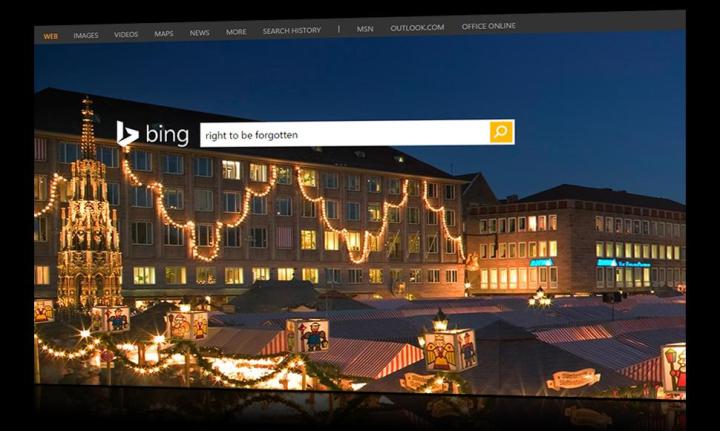
Although the Mountain View company has been removing links to some articles since June, the data still appears on rival search engines such as Yahoo and Microsoft’s Bing, allowing Web users easy access to all content.
However, officials at both companies told the Wall Street Journal over the weekend that they, too, have now started to officially process requests from individuals, removing links to webpages from the search engines if the request is deemed reasonable.
A Microsoft spokesperson told the WSJ that it was “still refining” the process for dealing with requests, but that it aimed to “strike a satisfactory balance between individual privacy interests and the public’s interest in free expression.”
As Bing currently powers Yahoo search, it’s not currently clear if Yahoo is able to act independently on removing results, or if it’s simply going along with Bing’s evaluation of each request.
Public debates
Google has recently been holding a series of public debates across Europe to help it try to find a balance between protecting people’s privacy and the public’s right to access certain information.
The U.S. company said that to date it’s removed nearly 210,000 links from search results, following just over 600,000 requests.
Google notifies publishers when it removes links to articles from its European search sites, leading some media outlets to create a special webpage offering links to the affected articles. The UK Telegraph, for example, has a page summarizing all of its articles that have been hit by the right-to-be-forgotten ruling, with links to the original story on its website. The BBC also recently revealed plans to do the same.
Of course, Europe-based Web users wishing to do a search of Google’s entire database can still have the removed links appear in their search results simply by steering clear of the European versions of its search site and hitting Google.com instead.


